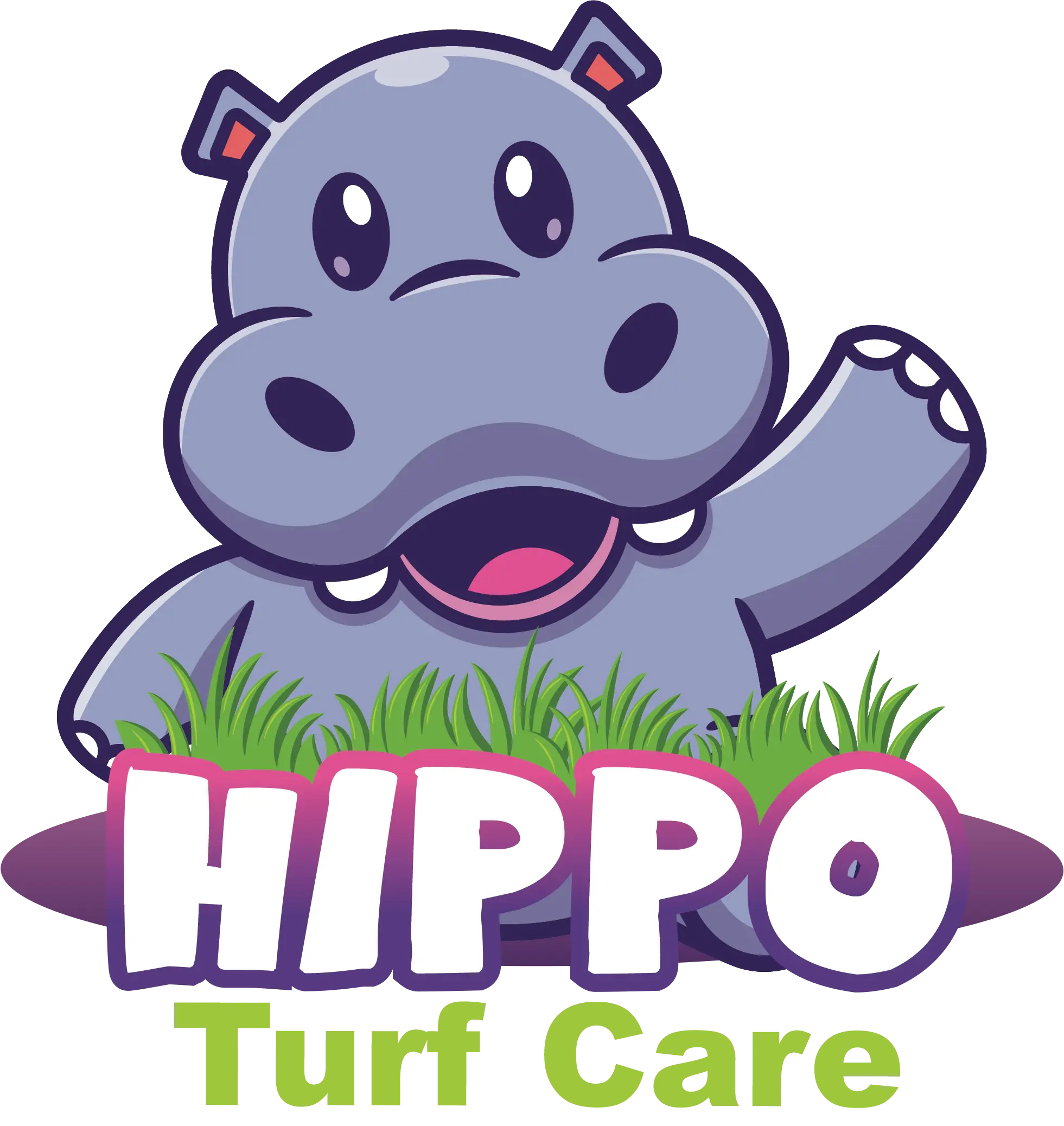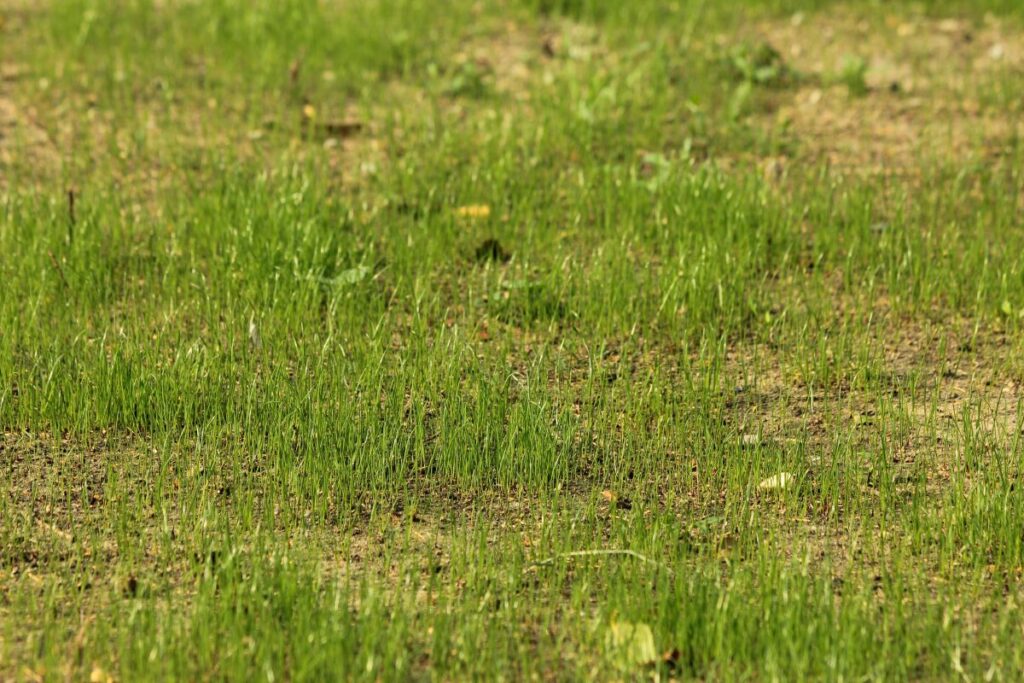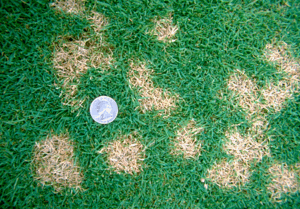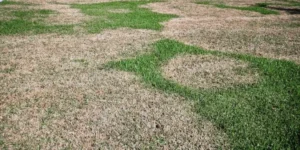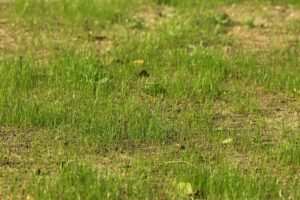Introduction: Why Your Fescue Lawn Needs Protection in May
Fescue lawns are a favorite among homeowners in York County, SC, and the surrounding region. Known for their year-round green color and dense growth fescue grasses like tall fescue and fine fescue bring serious curb appeal. But as beautiful as fescue is, it has a critical weakness—it’s highly susceptible to fungus, especially during warm, wet spring months.
Enter your lawn’s unsung hero: fungicide for fescue. If you want to maintain that lush green carpet through the summer, May is the ideal month to act.
🧪 Understanding Fungicide for Fescue

A fungicide is a type of chemical treatment specifically designed to stop fungi in their tracks. It doesn’t just react to a fungal outbreak—it works best when used preventatively. That’s why May, with its rising humidity and temperature shifts, is a pivotal moment in your lawn care calendar.
When we talk about fungicide for fescue, we’re talking about a product that targets diseases like:
Brown Patch (Rhizoctonia solani)
Dollar Spot
Leaf Spot
Pythium Blight
These fungal diseases thrive in moist, warm environments—precisely what May delivers in York County, SC.
⚠️ The Risk: What Happens If You Skip Fungicide?
Fescue’s biggest enemy is brown patch, which usually shows up as irregular patches of dead, brown grass that expand rapidly overnight. It thrives in nighttime temperatures above 60°F combined with daytime highs of 80°F or more—exactly what May brings.
Common signs of fungus in fescue include:
Circular or irregular patches of browning grass
Slimy or greasy-looking spots in the early morning
Fading color or thinning turf
Musty odor, especially after rainfall
If left untreated, the fungus doesn’t just damage the blades—it attacks the roots, weakening the turf and opening the door to weeds, insects, and erosion.
📅 Why May Is the Sweet Spot for Fungicide for Fescue
Many homeowners wait until symptoms appear before taking action. But by then, the damage is already underway. The most effective fungicide programs are preventative, not reactive.
Here’s why May matters:
Humidity is rising, creating ideal conditions for fungal spores.
Rainfall increases, saturating soil and grass blades.
Fescue is actively growing, which helps fungicide penetrate effectively.
Night temperatures climb above 60°F, triggering fungal activity.
Treating now sets your lawn up for a fungus-free summer, saving you time, money, and headaches later.
👨🔬 How Fungicide for Fescue Works
Fungicide works by:
Disrupting fungal growth cycles before they infect the turf.
Strengthening plant defenses, especially when paired with proper mowing and watering.
Creating a protective coating on the blades that lasts several weeks.
There are both contact fungicides (which stay on the surface) and systemic fungicides (which are absorbed and circulated through the plant). At Hippo Turf Care, we use a strategic mix to maximize protection and longevity.
🧰 What’s Included in a Turf Treatment Plan from Hippo Turf Care?
When you hire us for turf management, you’re not just getting a spray and go. You’re getting a comprehensive turf health approach. Here’s what our fungicide service includes:
✅ Full lawn inspection for current signs of disease
✅ Customized fungicide for fescue lawns based on weather, grass health, and soil condition
✅ Professional-grade application equipment for even coverage
✅ Tips on irrigation and mowing to limit excess moisture
✅ Optional follow-up visits during peak summer months
📍 Local Expertise That Matters
We’re not some national chain trying to apply a one-size-fits-all approach. At Hippo Turf Care, we’re based right here in York County and understand the unique challenges local lawns face. From Rock Hill to Clover, Lake Wylie to Fort Mill, we’ve treated hundreds of fescue lawns with tried-and-true solutions.
We know when brown patch season starts. We know how moisture settles in different parts of the county. We’ve walked the lawns, talked to the homeowners, and adapted our program to beat the fungus before it starts.
💸 The Cost of Doing Nothing
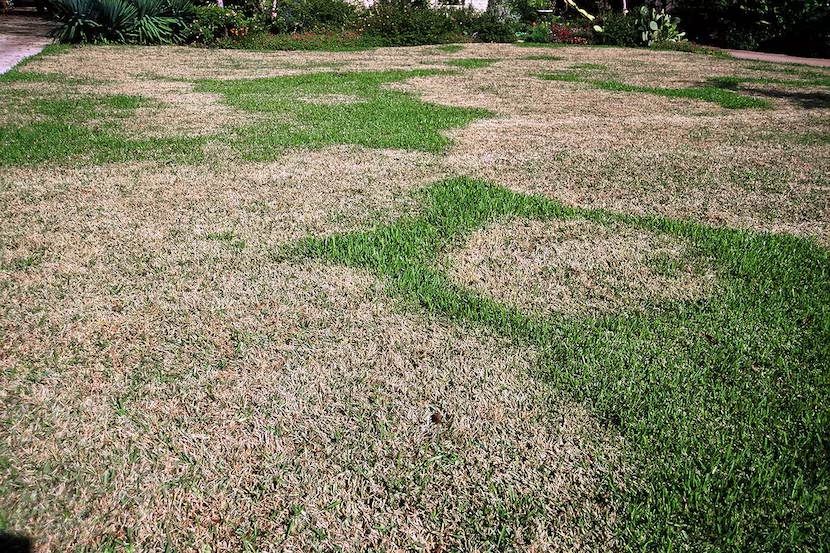
It might seem like an optional expense, but skipping fungicide for fescue in May can be an expensive mistake. Fungal damage can lead to:
🧱 Expensive turf repairs and overseeding
🧤 Weed outbreaks in thin areas
🚫 Dead patches that never fully recover
😖 Long-term lawn stress, especially during summer heatwaves
Prevention costs a fraction of what restoration does. Protect your investment now, and your lawn will thank you all season long.
🌿 Beyond Fungicide: Tips for Keeping Fescue Healthy
Want to supercharge the effects of your fungicide treatment? Here are some bonus tips:
1. Mow at the Right Height
Keep your fescue at 3–3.5 inches to maintain strong roots without shading the soil too much.
2. Water Early in the Morning
Water between 5–8 AM to allow the grass to dry during the day and avoid promoting fungal growth.
3. Avoid Over-Fertilizing in Late Spring
Too much nitrogen promotes rapid growth, which creates more thatch—fungus’ favorite hiding place.
4. Aerate Your Lawn Annually
Aeration improves drainage and reduces thatch buildup, both of which discourage fungus.
🌎 Who We Serve
Hippo Turf Care proudly serves the following areas:
York
Rock Hill
Lake Wylie
Fort Mill
Clover
Tega Cay
Surrounding towns across York County, SC
If you live in this region, we can help you develop a custom lawn health strategy built on local soil conditions, weather patterns, and grass types.
📞 Let’s Get Ahead of Fungus—Together

There’s still time to protect your fescue lawn—but you need to act before temperatures rise further. Don’t wait for brown patches to take over.
👉 Call 803-810-1145 to schedule your May fungicide for fescue treatment with Hippo Turf Care.
Let’s keep your lawn healthy, happy, and fungus-free—the Hippo way.
